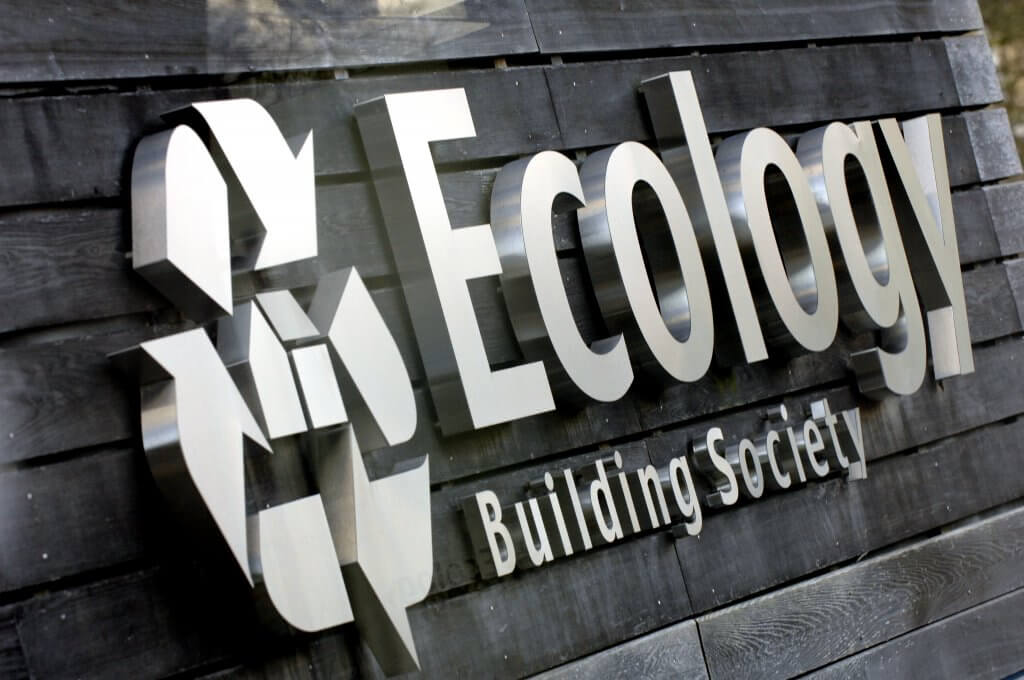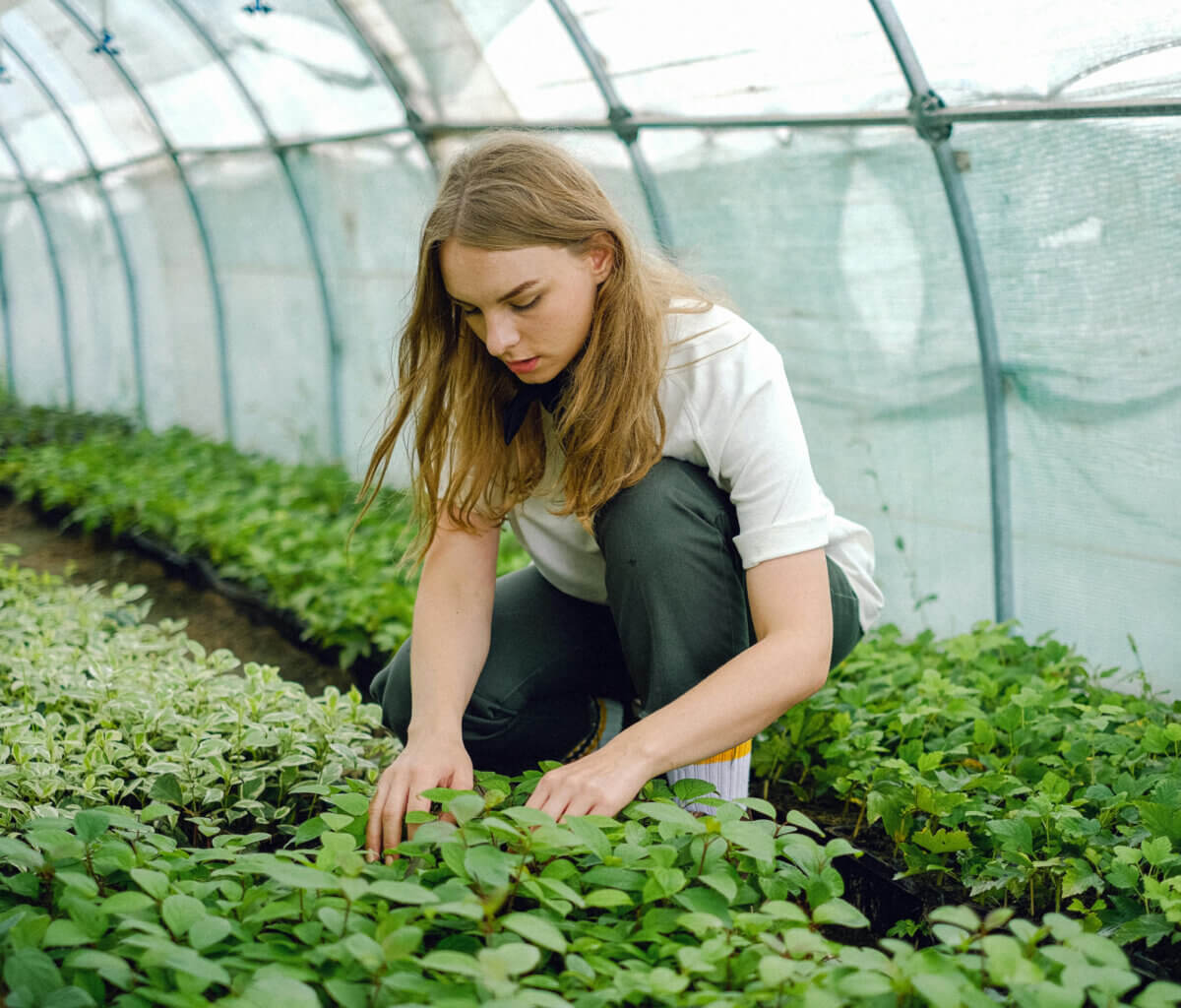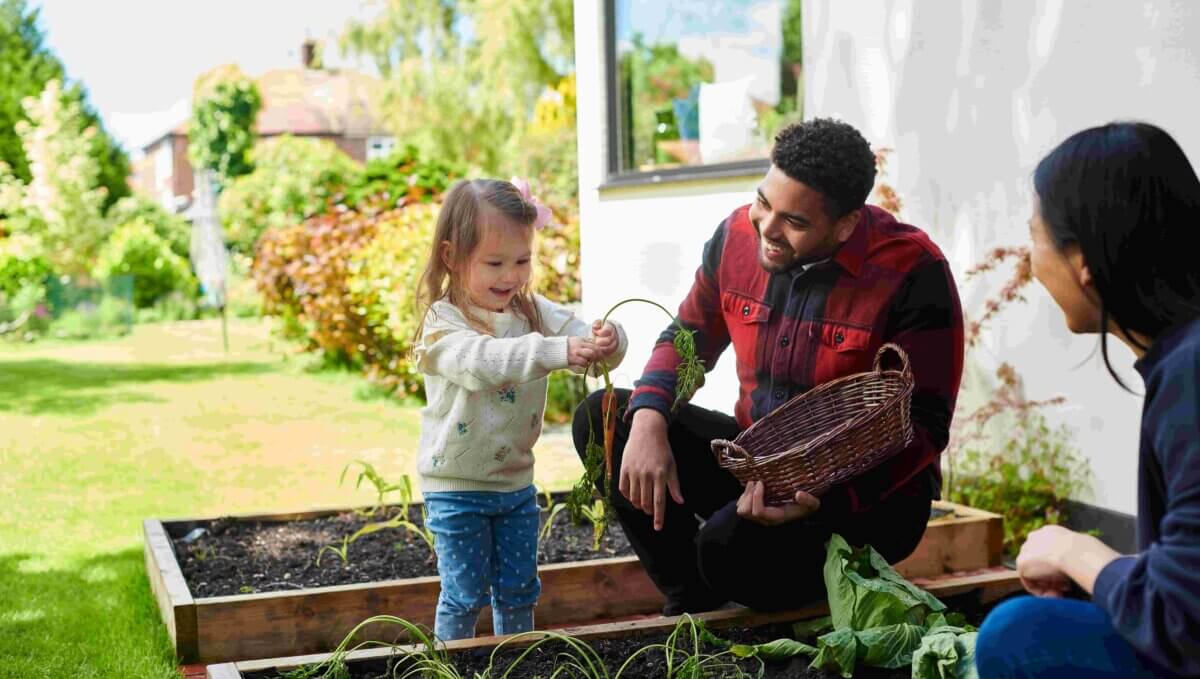Our latest results are sustainable and resilient.

We’ve announced a second successive year of record profits of more than £1m, for the year ending 31 December 2019 showing that we’re well placed to support the green recovery.
Highlights of the 2019 results include:
- Record profit after tax of £1.073m (2018: £1.022m) making Ecology one of the most profitable building societies in the UK (based on % of mean assets)
- Gross lending of £43.5m (2018: £38.4m)
- Total assets of £198.0m (2018: £177.9m)
- Savings balances at £185.3m (2018: £166.0m)
In 2019 we lent over £43.5m for sustainable properties and projects, with 90% of mortgages for residential properties (including new energy efficient homes, renovations and shared ownership) and 10% for community-led housing (including charities, community land trusts and housing co-operatives) and non-residential properties such as sustainable businesses.
The results build on nearly 40 years of uninterrupted profitability demonstrating that values-based and purpose-driven finance also makes real economic sense. The profit adds to our capital base, increasing our financial strength and enhancing our ability to remain resilient to the economic impact of the coronavirus outbreak and extend the benefits of our sustainable lending.
Throughout 2019 Ecology continued to lead the way through its commitment to ethical business practices. As well as continuing to reduce its own environmental impact and supporting campaigning such as the Global Strike for Climate, Ecology is:
- The first building society to be awarded the Fair Tax Mark for responsible tax behaviour
- The first building society to become a founding signatory of the United Nations Principles for Responsible Banking
- Committed to fair pay by being a Living Wage employer and having a maximum pay ratio limit where the highest salary paid is no more than eight times the lowest
During the year we were recognised twice in the prestigious Finance for the Future awards, highlighting the role of finance in helping to embed sustainability issues in business decision making. Ecology won the Building Sustainable Financial Products award, which recognises organisations that have developed financial products or services that are aimed at driving sustainable outcomes. We were also recognised for our climate leadership. The Society won the self-build lender of the year category in the Mortgage Finance Gazette awards and the mortgage provider of the year in the Yorkshire Financial Awards as well as being shortlisted for a highly respected Ashden Award.
We’re also sharing our knowledge and experience for the development of new mechanisms to fund retrofits, alongside a wide range of partners and initiatives including the European Energy Efficiency Mortgage scheme, the UK’s Green Finance Institute and the UK Green Building Council, which we anticipate will input into the UK hosting COP26, now deferred to later next year.
Commenting on the results, Chief Executive Paul Ellis said:
“These results mark another strong year of sustainable growth for Ecology demonstrating that the time is now for finance that benefits people and our planet.
“Our members can be assured that their money is delivering a real contribution to the increasing efforts to tackle the climate crisis.
“Looking ahead, while we won’t be immune to the challenging economic impacts of Covid-19, our financial strength gives us the resilience required to maintain our focus on lending that improves our environment throughout 2020 and beyond.
“We are delighted to see the elevated level of interest in collaborative action to support a sustainable green recovery. The recognition of the urgent need to accelerate the retrofit of existing homes is welcome and the Society’s strong pipeline of lending for low impact homes will add to the benefits of this focus in 2020 and beyond.
“Given this we have joined calls for the Government to quickly deliver the economic stimulus required to create green jobs and a just transition to a low-carbon economy.”



